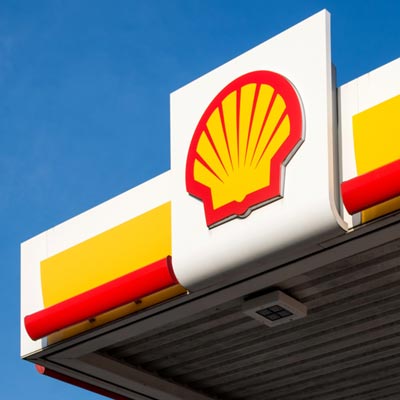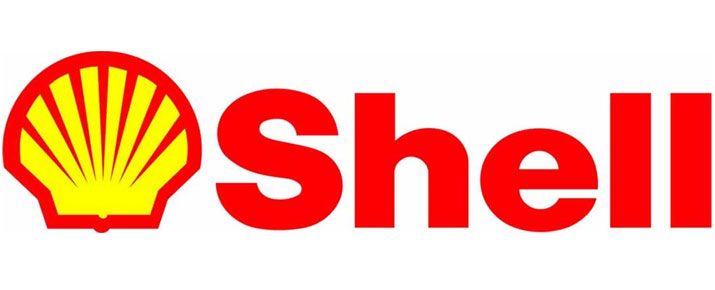What should I know before sell and buy Royal Dutch Shell stock?

The Royal Dutch Shell Group is a Dutch company that exercises its activities in the production and distribution of oil and natural gas. To better understand the activities of this group it is possible to categorise them into different sectors according to the turnover generated by each type of activity as follows:
Firstly, we know that the majority of the revenue of the Royal Dutch Shell Company is achieved through its refinery and distribution activities which account for 86.2% of this group’s turnover. This is followed by this group’s revenue from its 21 refineries and network of over 44,000 service stations around the world. It should be mentioned here that the group also manufactures petrochemical products such as olefins, aromatic products, solvents, ethylene, propylene, phenols and various additives as well as its activities related to the production of solar energy.
The rest of the group’s income, that is to say 13.8% of its turnover, is from the exploration and production of crude oil and natural gas. We should also note here that this company is currently developing its activities in the production of energy and fuel from wind power and oil sands.
It can also be useful to know how the group’s activities are distributed from a geographical point of view. Royal Dutch Shell achieves 30.6% of its turnover in Europe, 39.6% in Asia, Oceania and Africa, 23.1% in the United States and the remaining 6.7% from various other countries around the world.
The share price of the Royal Dutch Shell Company is currently quoted in compartment A of the Euronext Amsterdam stock market and is integrated in the calculation of the AEX stock market index.
Photo credits: ©bwylezich/123RF.COM










